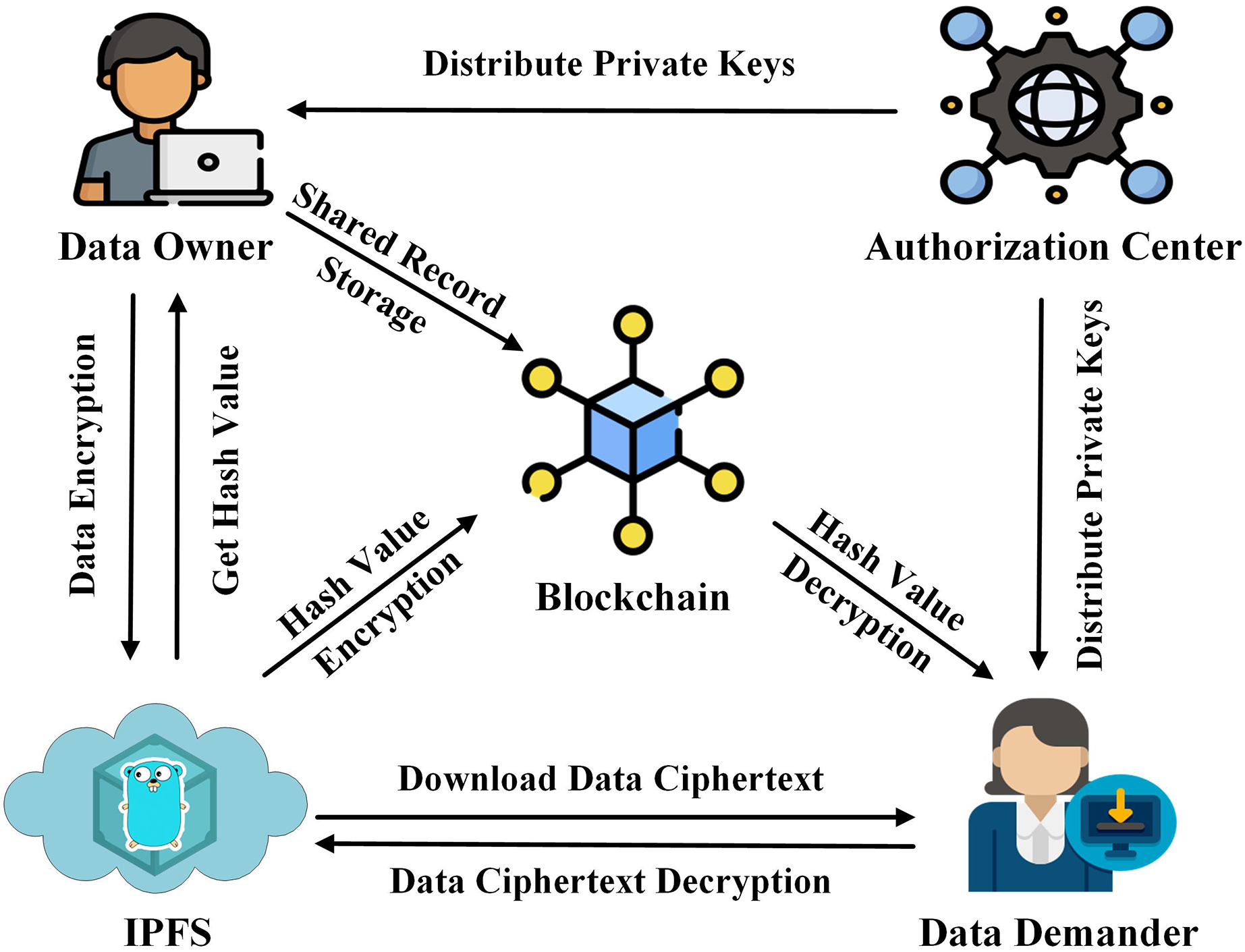Supply Chain Inventory Sharing Using Ethereum Blockchain And Smart Contracts
Supply chain inventory sharing using ethereum blockchain and smart contracts sets the stage for this enthralling narrative, offering readers a glimpse into a story that is rich in detail and brimming with originality from the outset.
In today’s fast-paced economy, efficient inventory sharing is crucial for maintaining competitive advantage. By leveraging innovative technologies like blockchain, businesses can enhance visibility, streamline processes, and foster trust among supply chain partners. This discussion explores how the Ethereum blockchain, coupled with smart contracts, revolutionizes inventory management, enabling real-time sharing and improved operational efficiency.
Supply Chain Inventory Sharing
Supply chain inventory sharing involves the collaborative management of inventory across different stakeholders in a supply chain. It enables businesses to share information about stock levels, demand forecasts, and order status, leading to better decision-making and reduced costs. In today’s fast-paced market, efficient inventory sharing is paramount as it helps reduce excess stock, minimizes stockouts, and improves overall supply chain responsiveness.
Technology plays a crucial role in supply chain management, facilitating real-time data sharing and enhancing visibility across the network.
Overview of Blockchain Technology

Blockchain technology is a decentralized ledger system that records transactions across multiple computers, ensuring that the data is secure, transparent, and immutable. Its key features include decentralization, encryption, and consensus mechanisms. By utilizing blockchain in supply chain management, organizations can achieve several benefits, such as enhanced traceability, improved transparency, and reduced fraud. Decentralization strengthens security and builds trust among participants since no single entity has control over the entire system, making tampering with data exceedingly difficult.
Ethereum Blockchain in Supply Chain
Ethereum plays a significant role in the development of supply chain applications due to its robust smart contract functionality. Smart contracts on Ethereum automate and enforce agreements between parties, enabling seamless transactions. Successful implementations of Ethereum in inventory sharing can be seen in various industries, such as food and pharmaceuticals, where tracking and traceability are critical. Furthermore, Ethereum’s scalability allows it to accommodate large supply chain networks, making it a versatile choice for organizations looking to implement blockchain solutions.
Smart Contracts and Their Functionality

Smart contracts are self-executing contracts with the terms of the agreement directly written into code. Their purpose in supply chain operations is to automate processes such as order fulfillment, payment processing, and inventory management. By automating these functions, smart contracts reduce the potential for human error and ensure compliance with predefined rules. Use cases demonstrating their effectiveness include automating payment releases upon delivery confirmation, thereby improving efficiency and reducing disputes among parties.
Mechanisms of Inventory Sharing Using Ethereum
Setting up inventory sharing on the Ethereum blockchain involves a few essential steps:
- Defining the parameters of the inventory to be shared, including quantities and locations.
- Creating and deploying smart contracts that Artikel the rules and responsibilities of each stakeholder.
- Integrating existing supply chain systems with the Ethereum network to ensure seamless data flow.
Tracking and managing inventory using blockchain technology involves recording each transaction and update on the blockchain, providing a real-time, tamper-proof record of inventory levels. To ensure data accuracy and transparency in shared inventory, utilizing mechanisms such as regular audits and consensus-driven validation processes is crucial.
Challenges and Limitations
Implementing blockchain for inventory sharing does present certain challenges. Potential issues include transaction speed and costs, particularly on the Ethereum network where congestion can lead to delayed processing times and increased fees. Additionally, while smart contracts offer automation and efficiency, they also pose security risks, such as coding vulnerabilities. To mitigate these risks, conducting thorough code audits and implementing standard security practices are essential steps organizations should take.
Future of Supply Chain Inventory Sharing
Emerging trends in blockchain technology for supply chains include increased interoperability between different blockchain platforms and the rise of specialized supply chain solutions. Organizations looking to adopt Ethereum for inventory sharing can follow a roadmap that involves initial pilot projects, stakeholder education, and gradual integration into existing systems. As blockchain technology continues to advance, inventory sharing is expected to evolve, with predictions indicating greater use of artificial intelligence and machine learning to enhance decision-making processes.
Case Studies and Real-World Applications
Several case studies highlight successful implementations of inventory sharing using blockchain. For example, a major food retailer utilized Ethereum to track the supply chain of perishable goods, significantly reducing waste and improving product freshness. Different industries, including automotive and healthcare, are leveraging Ethereum for efficient inventory solutions. Lessons learned from these case studies emphasize the importance of cross-industry collaboration and the need for standardized protocols to facilitate smoother integration and broader adoption of blockchain technology in supply chain management.
Last Word
As we move forward, the integration of ethereum blockchain and smart contracts in supply chain inventory sharing presents unique opportunities and challenges. The potential for enhanced transparency, efficiency, and security is undeniable, paving the way for a future where businesses can collaborate seamlessly. Embracing these technologies will not only transform inventory management but also redefine the landscape of supply chain operations.
FAQ Explained
What is supply chain inventory sharing?
It is the practice of collaboratively managing inventory data among supply chain partners to optimize operations and reduce costs.
How does blockchain improve supply chain transparency?
Blockchain provides an immutable record of transactions, ensuring that all parties have access to the same accurate and up-to-date information.
What are smart contracts?
Smart contracts are self-executing contracts with the terms directly written into code, automating processes without the need for intermediaries.
Are there any security risks involved with smart contracts?
Yes, potential vulnerabilities in smart contract code can lead to exploits; however, thorough testing and auditing can mitigate these risks.
How scalable is Ethereum for supply chain solutions?
Ethereum is designed to support various applications, making it scalable for large supply chain networks, although network congestion can impact performance.


